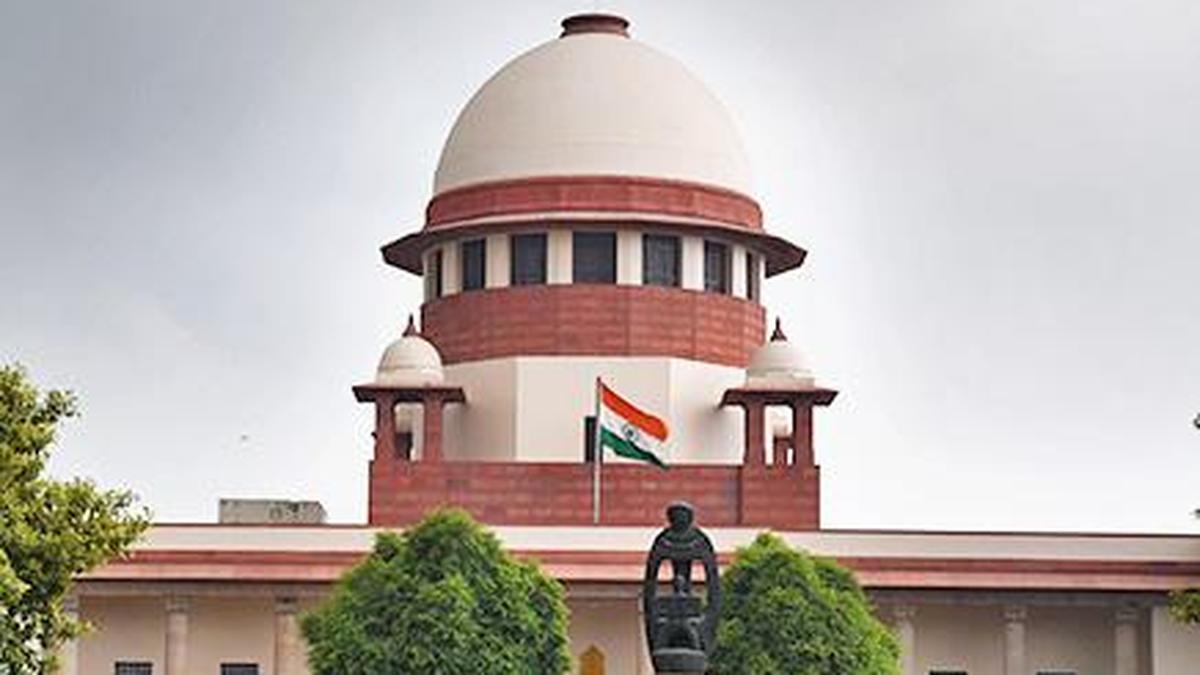
Accessibility for disabled persons is a human and a fundamental right: SC judgment
The Hindu
Supreme Court emphasizes disabled persons' right to access, highlighting lack of compliance with accessibility standards and societal barriers.
The Supreme Court has confirmed that disabled persons’ right to access environments, services and opportunities is an essential human and fundamental right which has hardly been realised on the ground.
Chief Justice of India D.Y. Chandrachud, in a judgment on November 8, quoted that disability was a tragedy only if society failed to provide the differently abled with things essential to lead their lives.
The court recorded that while Delhi had 3,775 low floor wheelchair-accessible CNG buses for public transport, Tamil Nadu had only 1,917 such buses. In Mumbai, while newer facilities like Andheri Metro Station met accessibility standards, older buildings such as the Bombay Art Gallery did not offer even basic features like accessible restrooms for persons with disabilities.
The Supreme Court said the society does not even bother to enquire into the ‘right to relationships’ of persons with disabilities. “The emotional and relational challenges faced by PWDs, particularly regarding access to love, desire, and intimacy… Emotional needs, such as privacy and self-pleasure, are often overlooked, leaving disabled individuals, especially those living with families, without private spaces to express these needs,” said Chief Justice Chandrachud.
The judgment is based on a report submitted by the Centre for Disability Studies, NALSAR University of Law. The study assessed the situation on the ground and had recommended steps to ensure compliance with accessibility standards for PWDs.
The court found that aspects of the Rights of Persons with Disabilities Rules prescribing accessibility standards were not even mandatory by nature, leading to their “dismal” compliance at the ground level. The judgment directed the government to issue fresh Rules with mandatory standards for accessibility within the next three months.
“Accessibility is not merely a convenience, but a fundamental requirement for enabling individuals, particularly those with disabilities, to exercise their rights fully and equally... Accessibility is an integral part of life equality, freedom, and human dignity… Accessibility was not a standalone right. It is an essential prerequisite for PWDs to exercise other rights meaningfully,” Chief Justice Chandrachud underscored.











